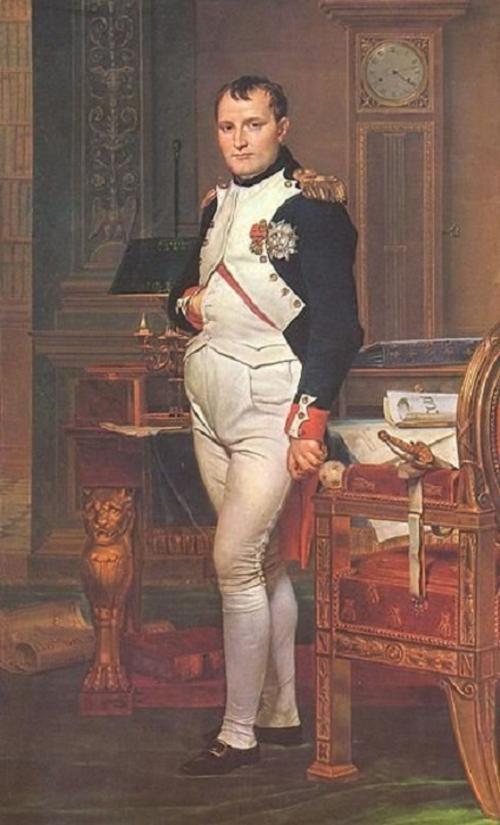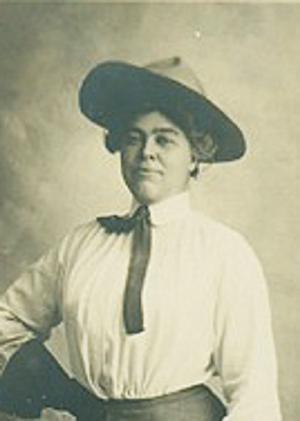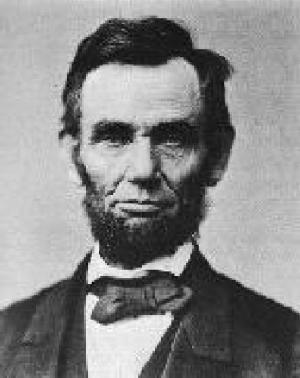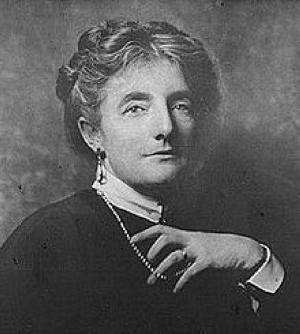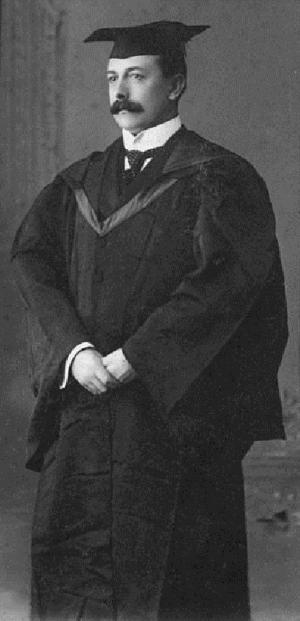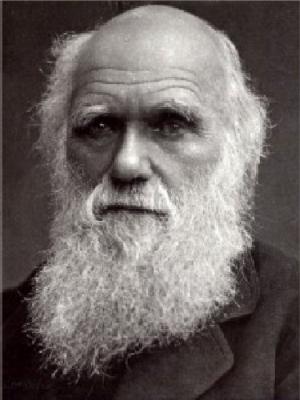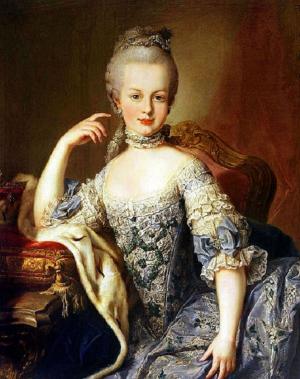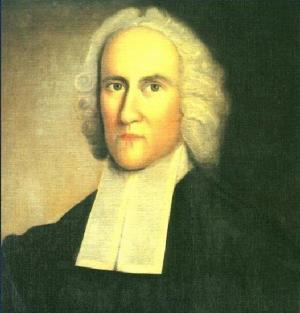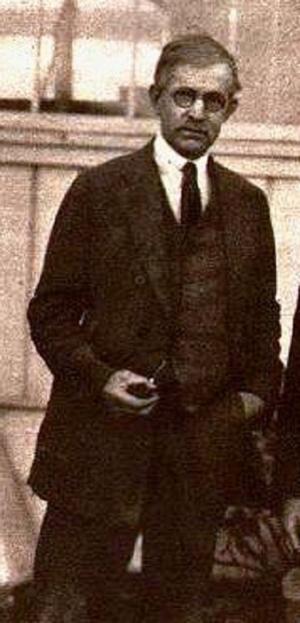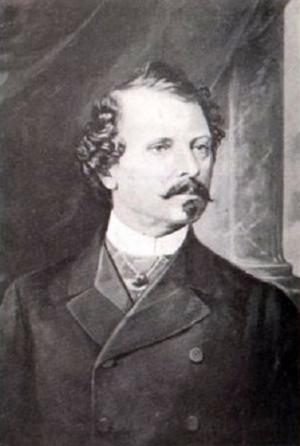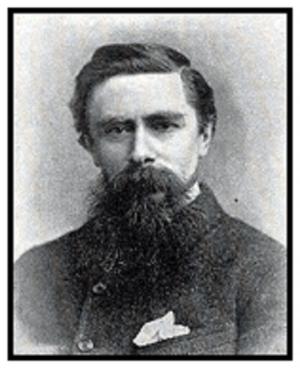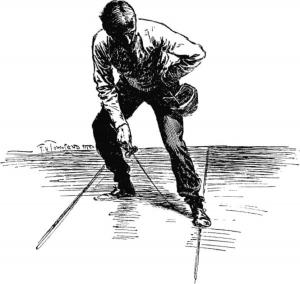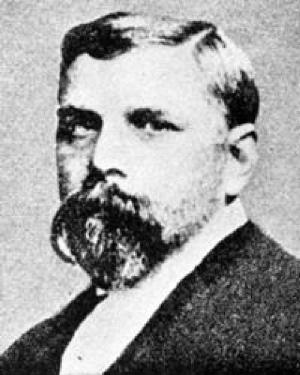After Waterloo: Reminiscences of European Travel 1815-1819
Nonfiction, History, France, Biography & Memoir, Political, Historical| Author: | W. E. Frye | ISBN: | 9781455332885 |
| Publisher: | B&R Samizdat Express | Publication: | December 15, 2009 |
| Imprint: | Language: | English |
| Author: | W. E. Frye |
| ISBN: | 9781455332885 |
| Publisher: | B&R Samizdat Express |
| Publication: | December 15, 2009 |
| Imprint: | |
| Language: | English |
According to Wikipedia: "Napoleon Bonaparte (15 August 1769 5 May 1821) later known as Emperor Napoleon I, was a military and political leader of France whose actions shaped European politics in the early 19th century. Born in Corsica and trained as an artillery officer in mainland France, Bonaparte rose to prominence under the First French Republic and led successful campaigns against the First and Second Coalitions arrayed against France. In 1799, he staged a coup d'état and installed himself as First Consul; five years later he crowned himself Emperor of the French. In the first decade of the nineteenth century, he turned the armies of the French Empire against every major European power and dominated continental Europe through a series of military victories—epitomised in battles such as Austerlitz. He maintained France's sphere of influence by the formation of extensive alliances and the appointment of friends and family members to rule other European countries as French client states. The French invasion of Russia in 1812 marked a turning point in Napoleon's fortunes. His Grande Armée was badly damaged in the campaign and never fully recovered. In 1813, the Sixth Coalition defeated his forces at Leipzig; the following year the Coalition invaded France, forced Napoleon to abdicate and exiled him to the island of Elba. Less than a year later, he escaped Elba and returned to power, but was defeated at the Battle of Waterloo in June 1815. "
According to Wikipedia: "Napoleon Bonaparte (15 August 1769 5 May 1821) later known as Emperor Napoleon I, was a military and political leader of France whose actions shaped European politics in the early 19th century. Born in Corsica and trained as an artillery officer in mainland France, Bonaparte rose to prominence under the First French Republic and led successful campaigns against the First and Second Coalitions arrayed against France. In 1799, he staged a coup d'état and installed himself as First Consul; five years later he crowned himself Emperor of the French. In the first decade of the nineteenth century, he turned the armies of the French Empire against every major European power and dominated continental Europe through a series of military victories—epitomised in battles such as Austerlitz. He maintained France's sphere of influence by the formation of extensive alliances and the appointment of friends and family members to rule other European countries as French client states. The French invasion of Russia in 1812 marked a turning point in Napoleon's fortunes. His Grande Armée was badly damaged in the campaign and never fully recovered. In 1813, the Sixth Coalition defeated his forces at Leipzig; the following year the Coalition invaded France, forced Napoleon to abdicate and exiled him to the island of Elba. Less than a year later, he escaped Elba and returned to power, but was defeated at the Battle of Waterloo in June 1815. "
